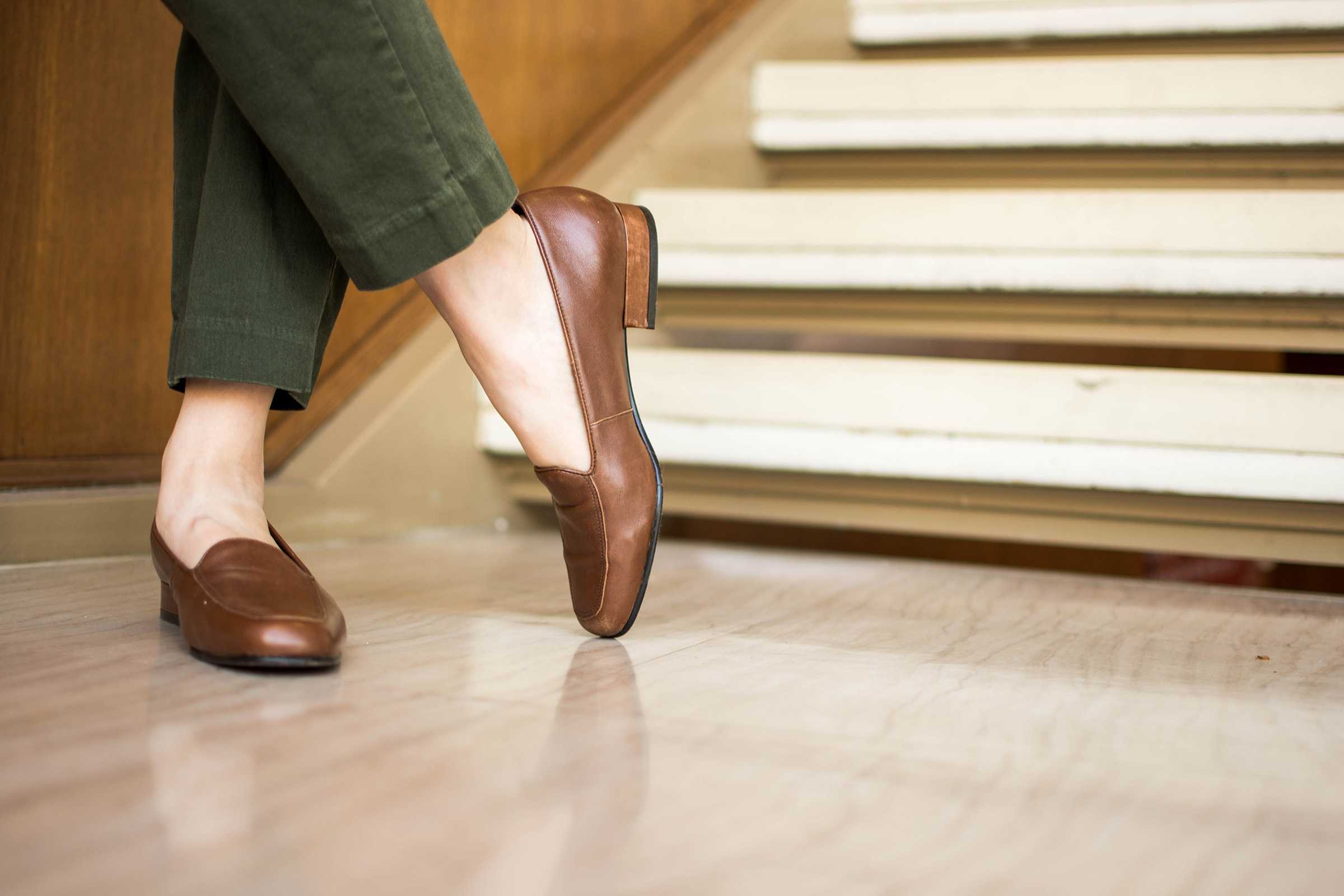Fashion is one of the greatest ways to express yourself and feel confident, and with the multiplicity of fast fashion stores like Forever 21 and H&M, it’s easier than ever to hop onto trends. However, there is definitely a dark side to brands that rapidly churn out cheap clothing. To many, these brands are causing both an environmental and humanitarian crisis.
Though it may seem like a daunting task to fight back, there are things consumers can do. By educating ourselves on sustainable, ethical fashion brands and shopping in a way that is environmentally conscious, we can begin to hold major corporations accountable while wearing clothing that was ethically made and is good for the environment.
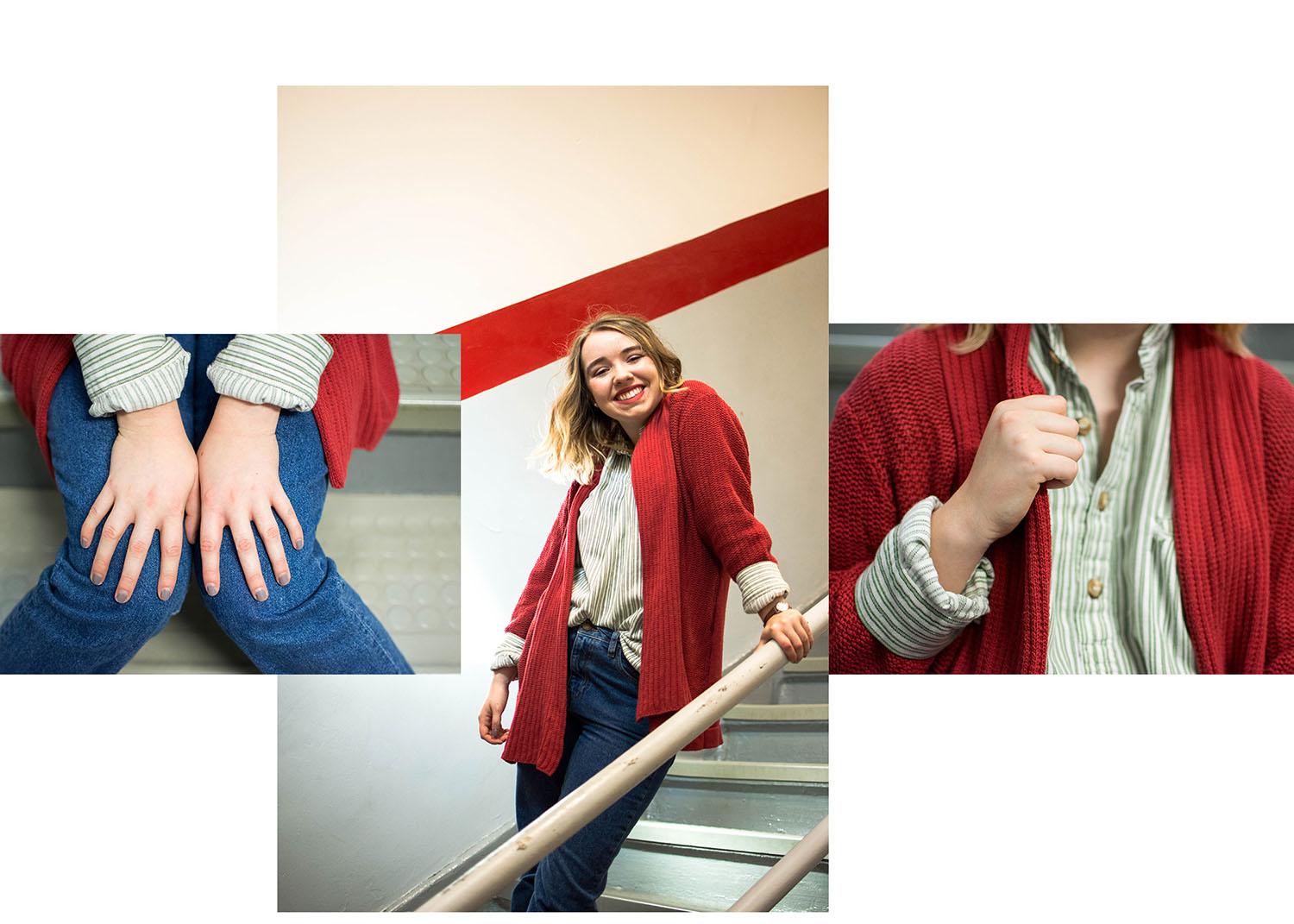
What is sustainable and ethical fashion?
Though there is no official definition, sustainable and ethical fashion is generally defined as clothing that is produced from materials that are not harmful to the environment and were not made by companies with unethical labor practices. Brands who seek to produce clothing classified as being sustainable and ethical ensure that the items are ethically made from start to finish.
This doesn’t necessarily mean that their clothing is all made in the USA; rather, many of these brands still produce their clothing in countries like India and Bangladesh in order to empower marginalized people. The difference is that they ensure their employees have safe working conditions and are paid a living wage.
Sustainable and ethical fashion can usually be classified in one of two ways: brands that use environmentally-conscious materials and ensure good working conditions for their employees, or secondhand shopping. The former option more directly contributes to organizations seeking to better the fashion community, and the latter is a budget-friendly way to give used clothes a second life, rather than contributing to the needless production of more goods. Both of these are great alternatives to shopping at major chain stores and retailers.
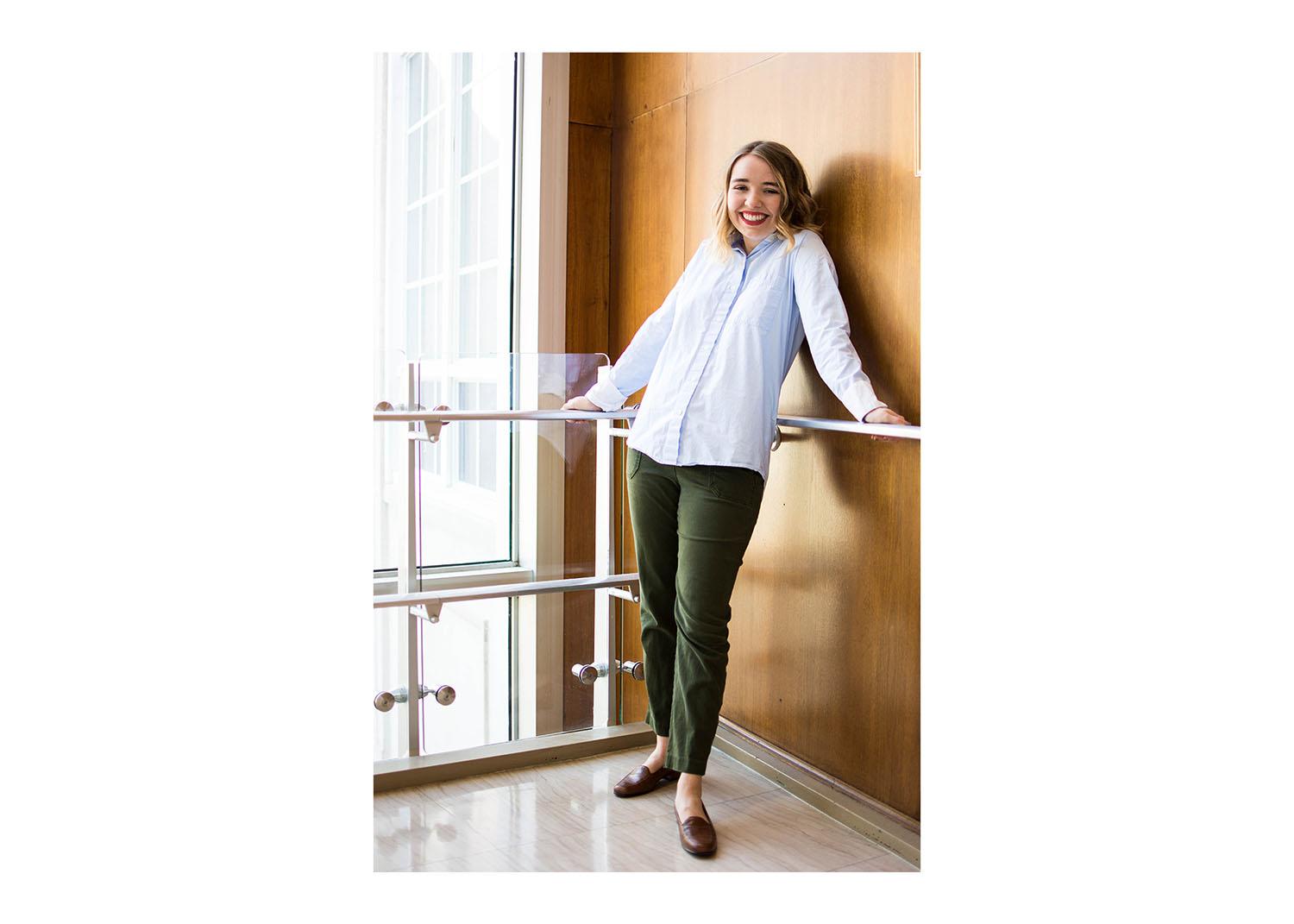
Why is this important?
Approximately $250 billion is spent on fashion each year in the U.S. according to one report. Much of this is “fast fashion,” a common term for this type of industry.
Stores like Forever 21, Zara, and H&M churn out tons of cheap, low-quality clothing at the cost of poorly-paid laborers, all for the sake of earning a profit. According to the Environmental Protection Agency, in less than 20 years, the volume of clothing Americans throw away each year has doubled from 7 million to 14 million tons, which is an estimated 80 pounds per person. As clothes lie stagnant in landfills, they produce methane, which is a gas harmful to the environment. Regardless of what they are made from, clothing takes hundreds, if not thousands, of years to biodegrade.
Not only is fast fashion an environmental crisis, it’s a humanitarian crisis. Workers who make clothing for Zara have slipped notes into garments which read, “I made this garment you are going to buy, but I didn’t get paid for it.” According to a story from The Independent, the third-party manufacturer where the laborers worked, Bravo Tekstil, shut down overnight and the workers are owed several months wages.
In 2013, garment factory Rana Plaza in Bangladesh collapsed and killed over 1,100 people and injured thousands of others. It still reigns as the worst garment industry disaster of all time and raised many questions about the working conditions of laborers. The building had shoddy construction, with too many floors housing too much heavy equipment. Worst of all? Brands didn’t own up to sourcing labor from this building, and workers had to literally dig through the rubble to find labels to determine who had contributed to this disaster. Labels found included brands such as The Children’s Place, Mango and Premier Clothing.
Human rights organizations have been pushing for brands to sign transparency pledges, but even in wake of tragedies such as Rana Plaza, many companies still refuse.
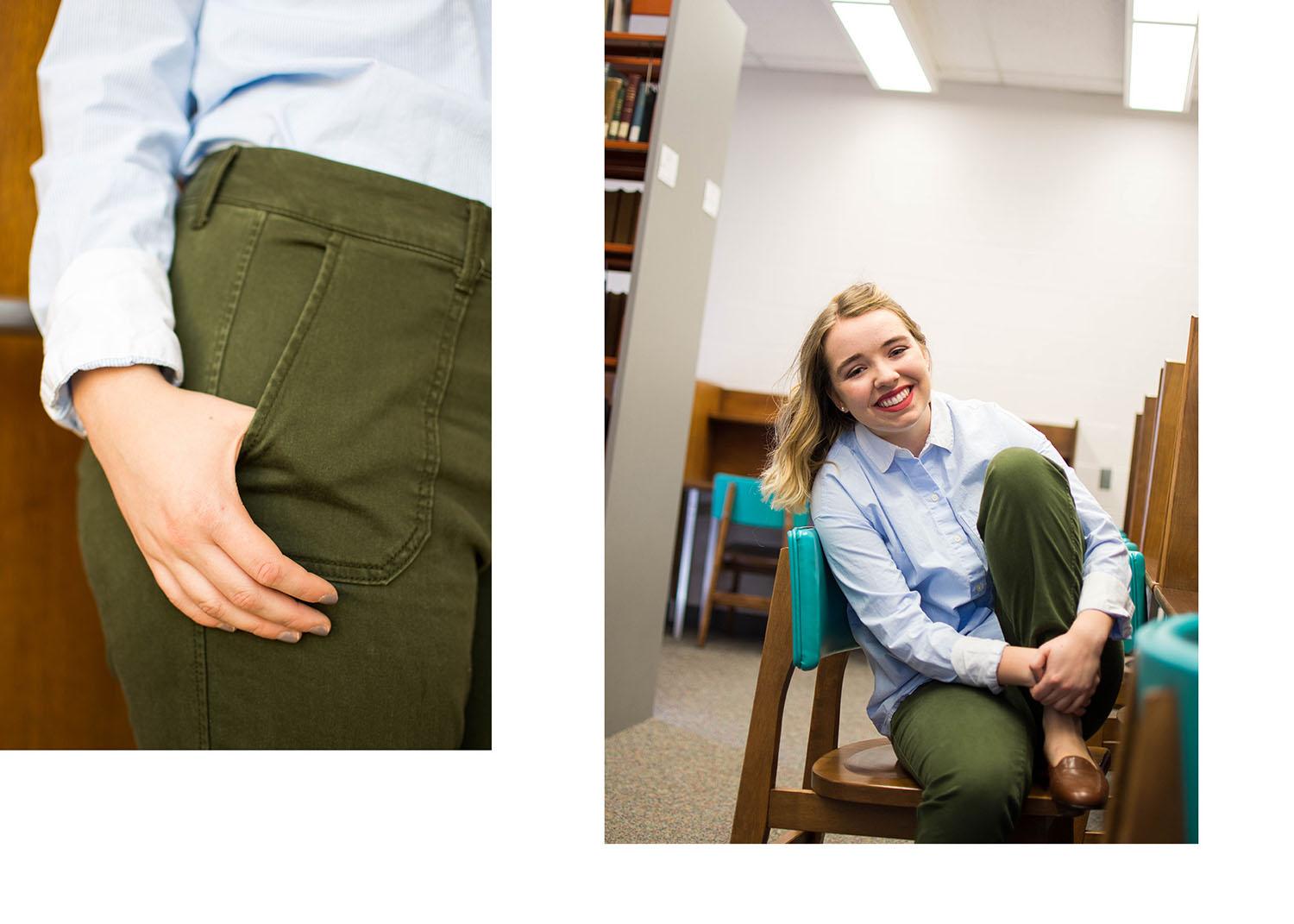 What can you do?
What can you do?
As tempting as it is to buy cheap and trendy pieces from stores like Forever 21 and H&M, when you patronize large fast-fashion chains, you are contributing to the problem.
After getting involved with WKU’s chapter of the International Justice Mission, I began to feel that if I continued to give my money to these chains while knowing the practices that went into making their clothing, I would be just as guilty as the executives who made the decision to sacrifice ethics for profit.
1. Educate yourself about where you shop
The first thing you can do is stop shopping at stores that are known for their unethical labor practices. Start looking into and shopping brands that make conscious efforts to promote sustainability and ethical labor practices.
These brands are considerably more expensive than fast-fashion stores, but consider these purchases as long-term investments and focus on buying timeless pieces that you’ll be able to wear for years.
I’ve included an appendix at the bottom of this article with links to all kinds of resources if you want to learn more about where to (and where not to) shop. You might even find some familiar names on the list such as Patagonia, which has been a champion of the sustainable and ethical fashion movement since the ’80s.
2. Thrift
Of course, as college students, it can be difficult to buy high-quality pieces from brands that espouse the mission to create sustainable pieces using ethical labor practices. This is why thrifting will quickly become your new best friend.
Thrift stores are the epitome of recycled fashion. You’re buying something that has already been owned by someone else and breathing new life into it. Not only are thrift stores budget-friendly, but they give you the chance to own pieces that are truly unique and unlike anything else your peers might be wearing.
Fellow Talisman writer Carrsan Bible wrote a great piece on consignment stores in Bowling Green, and you should definitely check it out. There’s also an entire culture of YouTubers whose channels are dedicated to thrifting and styling ethical fashion, and I’ve included them in the links below.
3. Educate yourself and others
Though it may seem daunting to take a stand against major fashion retailers, there is so much power in you, as the individual, deciding to make a change. You have the power to stop supporting unethical companies and start supporting organizations that are seeking to make a change. Your decision has the power to influence friends and family and truly take flight.
I think about how if I hadn’t known friends who started making a stand and started talking about this issue, I never would’ve known what a problem this was. That’s why I’m sharing this information with you. You have so much power to influence others to make a positive difference, so go out and make a change.
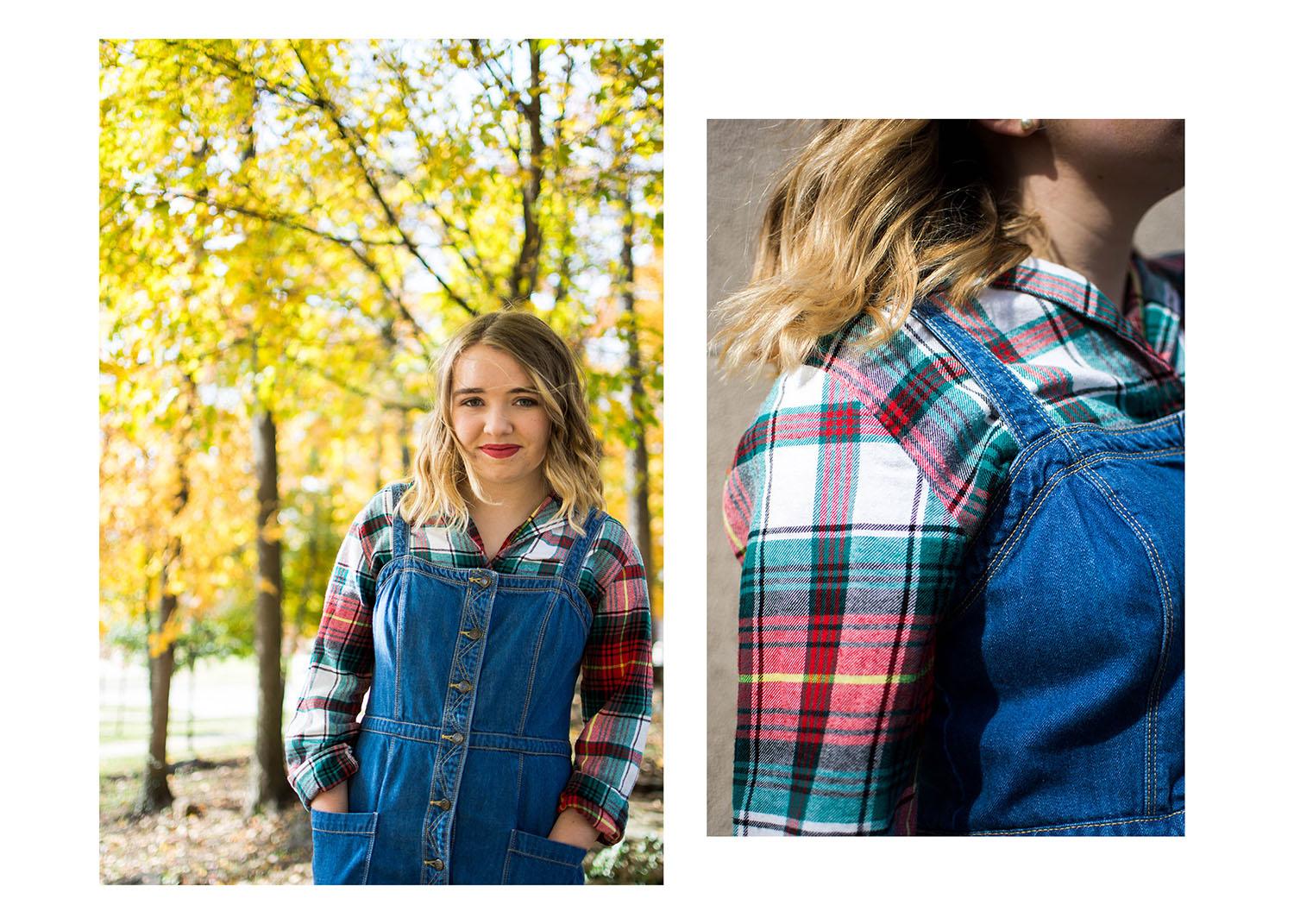
Resources:
Documentaries/TED Talks/Books
“The High Cost of Our Cheap Fashion” by Maxine Bédat
Think of this video as the 100-level introduction to sustainable and ethical fashion.
“Slow Fashion“ by Safia Minney
A beautiful coffee table book all about ethical “slow” fashion.
“How to Engage with Ethical Fashion” by Clara Vuletich
This video is your 200-level course in ethical fashion.
“The True Cost” (available on Netflix)
The filmmakers travel all around the world and interview a wide variety of people to expose the true cost of our fast fashion addiction.
Cool Web Resources
This website analyzes various retailers and seeks to keep them accountable for their production choices.
This website is more of a call to action for people like you and me. It has tons of resources about what we can do as consumers to keep corporations accountable.
This site is a handy way to quickly search for your favorite brands and see how transparent they are about their labor practices and just how ethical and sustainable they are.

Sustainable and Ethical Fashion Brands
This shop sells ethical bags, shoes and jewelry, and it has a storefront in Nashville!
CauseGear features T-shirts and bags made by women freed from human trafficking.
Everlane is a full-fledged retailer that sells everything you would expect to find in a store, from outerwear to jeans to blouses.
This shop, which is co-founded by my role model, Lauren Conrad, sells lots of home decor made by women who have escaped from human trafficking.
Mountain Maid is a craft store based in Haiti whose mission is to provide Haitian artisans with a way to create their art and still have a sustainable income. (Fun fact: you can purchase Mountain Maid items at Crossings Ministries camp properties, which are located in Kentucky.)
You’re undoubtedly familiar with this popular outdoor brand, but they’re so vocal about their stance on sustainable and ethical fashion that they definitely deserve a shoutout.
Just like Everlane, Reformation is a full-fledged retailer that sells all varieties of clothing.
True to its name, The Simple Kind only sells a handful of different dresses (plus a cute T-shirt), but they’re very, very cute.
Thrifty YouTubers/Instagrammers
Diana has a very 1950s vibe and though not all of her clothes are totally sustainable or ethical, she’s still a great source for thrifty inspiration.
Elena is a cool California girl and does lots of thrifted lookbooks and also generates lifestyle content.
Kristen is incredibly passionate about sustainable and ethical fashion and makes tons of videos specifically on that subject.
Host Anna does LOTS of “Come Thrifting With Me” videos, and they’re surprisingly addicting.


